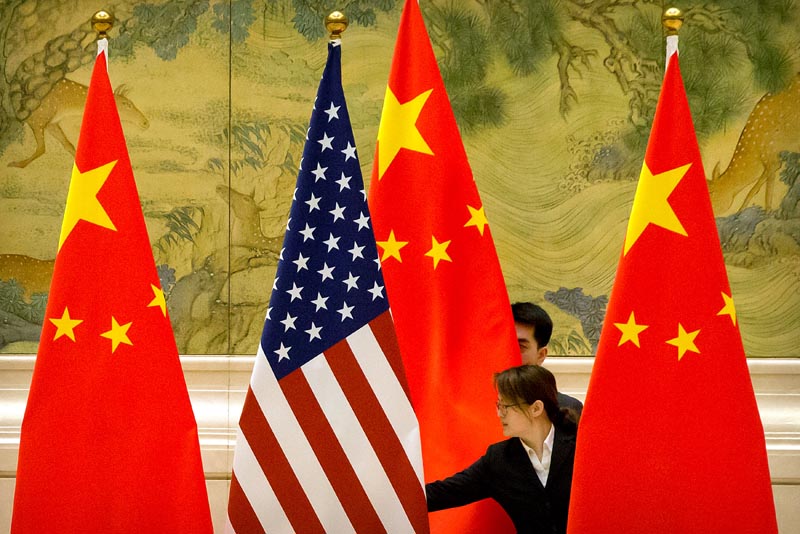US must have access to US-listed Chinese firms' audit documents, lawmakers say
WASHINGTON/HONG KONG: A bipartisan group of US lawmakers introduced a bill on Wednesday to force Chinese companies listed on American stock exchanges to submit to regulatory oversight, including providing access to audits or face delisting.
Chinese authorities have long been reluctant to allow overseas regulators to inspect local accounting firms - including member firms of the Big Four international accounting networks - citing national security concerns.
In spite of a 2013 agreement that ended a stalemate over the issue and allowed US regulators to request audit working papers in China, there have been difficulties in actually gaining access.
At least two Hong Kong-based audit firms have been barred from auditing US-listed companies because they could not produce the papers US regulators asked for.
"Beijing should no longer be allowed to shield US-listed Chinese companies from complying with American laws and regulations for financial transparency and accountability," Republican Senator Marco Rubio said in a statement.
Last year the US Securities and Exchange Commission (SEC) and the Public Company Accounting Oversight Board (PCAOB) issued a warning to investors about the difficulties US regulators faced in inspecting the audit work and practices of auditing firms in China that examine US-listed Chinese companies.
There are currently 156 US-listed Chinese companies with a combined market capitalization of $1.2 trillion, including Alibaba Group Holding Ltd, and oil and gas giant China Petroleum & Chemical Corp (Sinopec).
Democratic Senator Bob Menendez, who joined in sponsoring the bill, said on Tuesday: "It's time for China's government to play by the same rules as American companies in our financial markets."
Paul Gillis, professor of practice at Peking University's Guanghua School of Management, said in a blog post he thought the bill had a good chance of passing and start a three-year countdown for negotiations or for the companies to find another listing home.
"I expect most of them will move their listings to Hong Kong. Mainland exchanges are not ready for most of these companies," he said.
Many US-listed Chinese firms have complex governance structures such as weighted voting rights (WVR) which are currently not allowed for firms listed on mainland exchanges.
Hong Kong Exchanges and Clearing Ltd changed its rules last year to allow listings by companies with weighted voting rights, though its rules differ markedly from those in the US
Alibaba is considering a second listing in Hong Kong, which could raise as much as $20 billion, Reuters reported last week.
Advisers and others close to the potential Alibaba deal downplayed any Sino-US trade war reasoning for the move, but analysts at the time said the context and geography could not be ignored.
Eight Chinese companies have listed in the US so far this year, raising $1.2 billion, according to Dealogic data.






